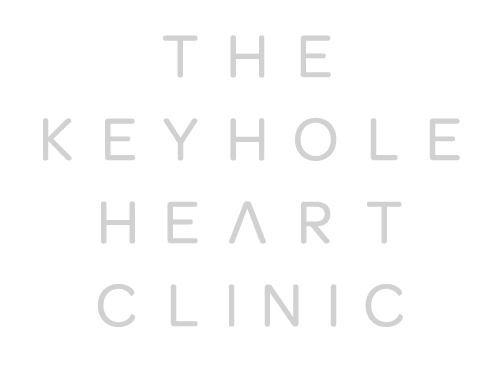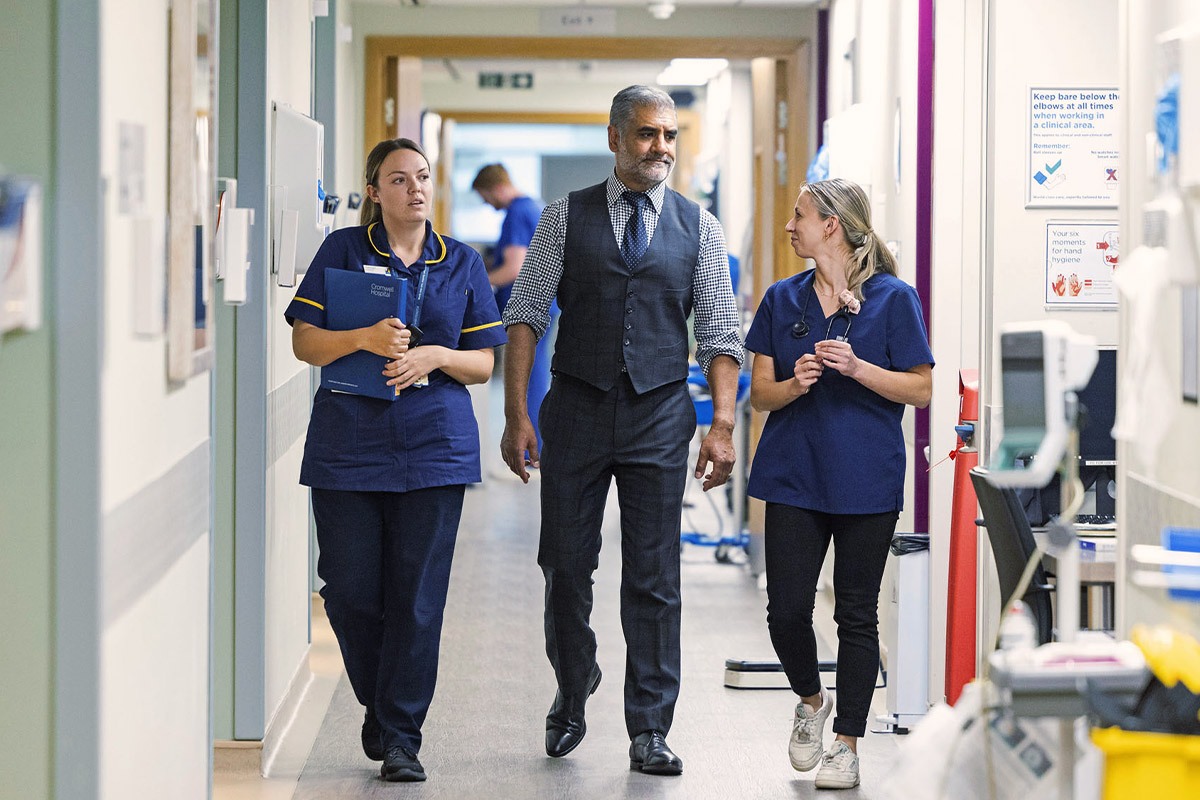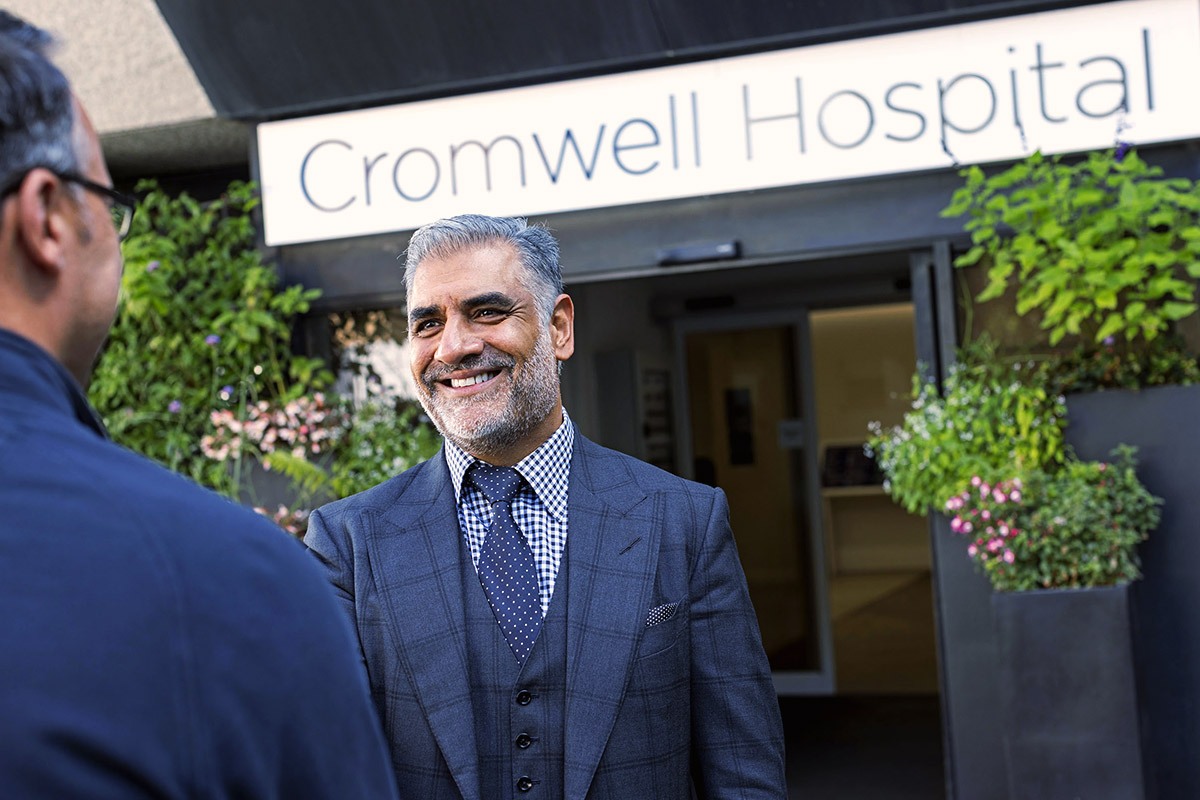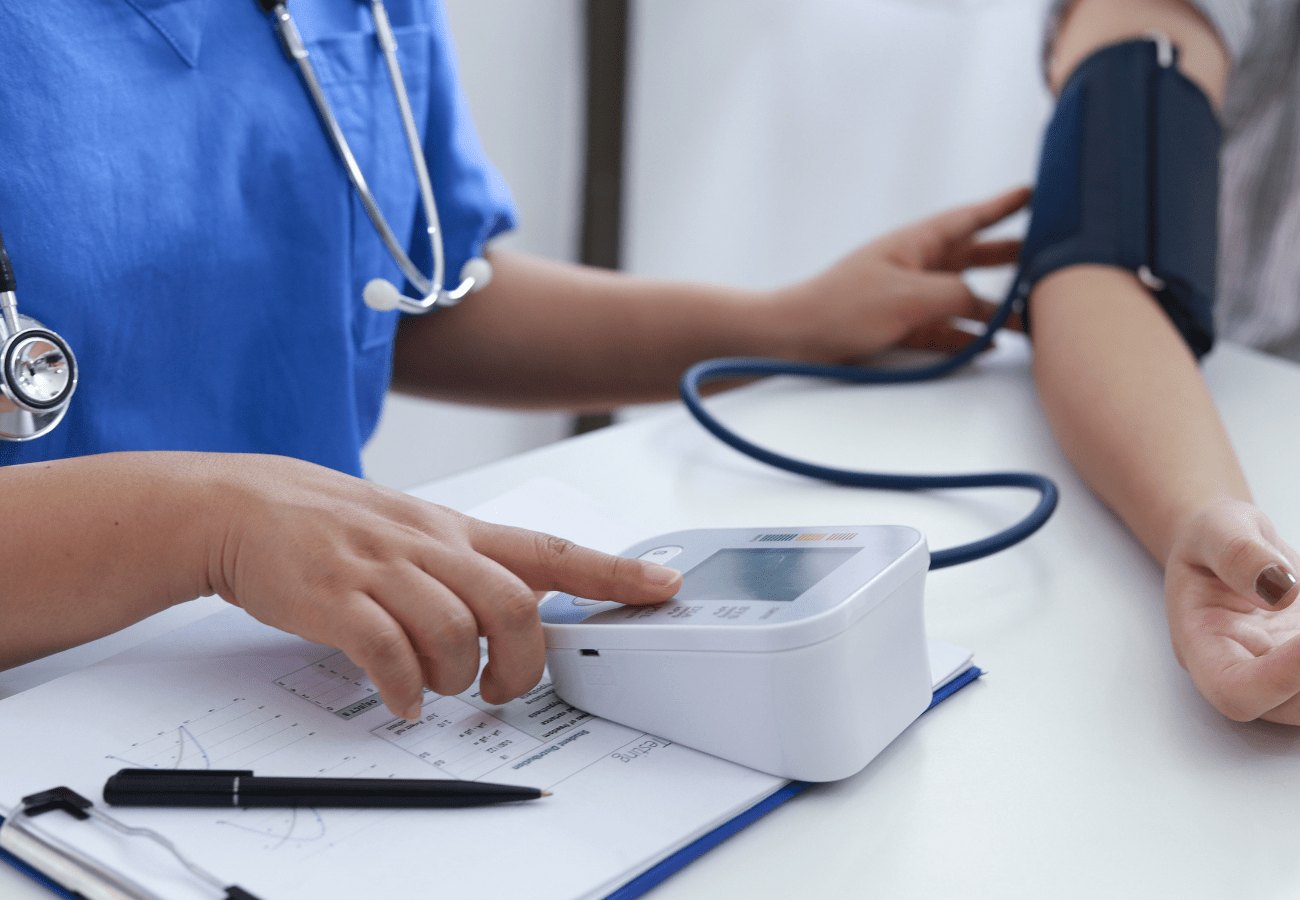High Blood Pressure
Read MoreWhat is High Blood Pressure?
High blood pressure is often a silent but deadly condition if left untreated. Also known as hypertension, many people may not realise they have any signs of high blood pressure, despite the heart working much harder to pump blood around the body. Measuring your blood pressure is the most effective way to know if your blood pressure is elevated more than normal levels and increase your risk of heart attacks and stroke. Modern day blood pressure measurement in the comfort of your own home is now so easy to do that everyone should perform this simple test regularly in adulthood.
A common condition that can affect people at any age, high blood pressure or hypertension is where the pressure in the major arteries of the body is elevated, putting pressure on the walls of your arteries, and your heart. High blood pressure increases your risk of suffering a heart attack, stroke, or blood vessel rupture. Some warning signs can include, headaches, breathlessness, chest pain, palpitations, or dizziness. These symptoms, either in isolation or in combination are warning sign that shouldn’t be ignored.

It is recommended to have your blood pressure checked regularly during adulthood as high blood pressure can occur in both young adults and those much older. This is because many external factors can lead to elevated blood pressure. Everyone has different levels of blood pressure, so comparing this between two adults may not show similar results. The best way to understand if you have high blood pressure is to regularly have this checked by your doctor or at home using a blood pressure monitor.
Your blood pressure is measured in mmHg (millimetres of mercury) and will show as two numbers – systolic pressure and diastolic pressure. The higher number is the systolic pressure, which represents the force that your heart pumps blood around the body. The second, lower number is the diastolic pressure, measuring the resistance to the blood flow within your blood vessels. Your blood pressure is considered high if it is over 140/90mmHg.
Reasons for High Blood Pressure
Many of the following are reasons for high blood pressure:
- Have a family history of high blood pressure
- Smoking
- Being overweight
- Eating too much salt
- Not enough exercise
- Stress
- Lack of sleep
- Drinking too much alcohol or caffeine
- Lack of fruit and vegetables
- Getting older
As you can see, many of the causes of high blood pressure are preventable with changes to diet and lifestyle. The risks of not making changes can mean your high blood pressure leading to serious health conditions. This includes heart conditions such as heart failure, heart attacks, stroke, aortic aneurysms, kidney disease and also vascular dementia.
Treating High Blood Pressure
If you test yourself at home, always record your blood pressure in a diary and present the data to your doctor. Your doctor can then verify your blood pressure by measuring it for you, or by attaching a 24-hour blood pressure monitor to your chest. If diagnosed with high blood pressure, your doctor may recommend either treatment through medicine or certain lifestyle changes.
Lifestyle changes should include:
- Quitting smoking
- Reducing caffeine intake and alcohol
- Exercising regularly and losing weight
- Eating a healthy, balanced diet
- Reducing salt intake
The types of medicines that can help control blood pressure may include alpha and beta blockers, ACE inhibitors, calcium channel blockers and many others. Usually, you will have to take these once a day.
When testing your blood pressure at home, you’ll want to use an average reading as it may not be as accurate as having this tested by a doctor. If you’re averaging 135/85mmHg or higher at home, this is considered high, whilst in over 80s it is considered high at home if averaging 145/85mmHg.
High Blood Pressure Signs
As there are often no symptoms of having high blood pressure, it can be difficult to realise if you are not checking your blood pressure regularly. We believe that you should check your blood pressure once every few months unless you are on medication for high blood pressure, in which case you should monitor and record it more regularly.
If you do experience any of the following symptoms, it could relate to a high blood pressure reading:
- Chest pain
- Headaches
- Dizziness
- Blurred vision
- Shortness of breath
- Nosebleeds
It is normal for your blood pressure to go up and down during the day and night. Depending on the activities you are undertaking, you can normally tell why your blood is pumping faster than usual, such as moving around compared to sitting still, exercising compared to sleeping etc. The biggest warning sign of a consistent problem is your blood pressure being high after a period of rest (5-10 minutes).
Habits and foods to avoid with high blood pressure
Changes to diet and lifestyle changes can also be an effective way of treating high blood pressure. Generally, anything high in salt or processed foods should be avoided. You should also quit smoking, reduce your alcohol intake, and increase your intake of fresh fruit and green vegetables will help. Exercise is an essential part of your daily routine unless your doctor has advised you against it for medical reasons.
Book a Consultation Today
We understand that being diagnosed with high blood pressure can be very worrying. Treatment is very effective, and the best course of action is to be proactive. Whether you have symptoms or not, checking your blood pressure regularly is the best course of action to prevent future complications. Understanding the high blood pressure signs can potentially save your life.
If you would like more help from us with your blood pressure management, or general heart health we have a team of experts who can help you. We offer a range of private heart screening packages designed to help you understand your cardiac risk. We can also investigate any symptoms you may be having to ensure that you have not developed a heart condition which requires treatment.
We can also provide a second opinion for those recently diagnosed with a heart condition.
Booking a consultation with our expert medical team at The Keyhole Heart Clinic is the best way to determine your treatment options. Contact us today and we’ll be happy to help discuss your options.
Services
How We Can Help You









